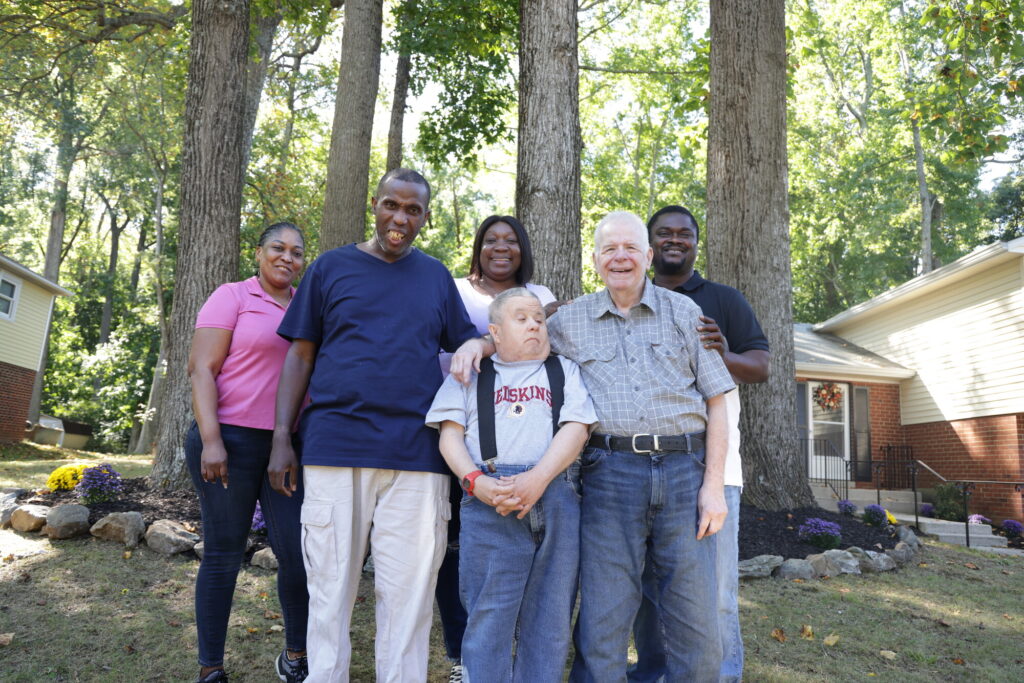Getting Started With Housing Planning
There are many ways people with intellectual and developmental disabilities (IDD) can live in their communities. Some people live on their own, with family members, or with support from others. Visiting different types of housing can help see what’s possible. These visits help figure out what someone likes and doesn’t like about different housing choices. The most important thing is finding what works best for each person and making sure the home fits their needs.
Exploring Housing Options
Start looking at housing options early. Housing can be hard to find in many places—and every person is different, so what works for one person may not work for another. Some common housing options include:
- Living with family: Staying with parents, siblings, or other relatives.
- Your own home: Buying or renting a house or apartment by yourself.
- Shared living: Living in someone else’s home with support.
- Group homes: Homes owned by organizations that provide services.
To help find housing options in your area, contact your state disability agency or your local chapter of The Arc. Remember that names for housing types may be different depending on where you live.

Important Questions to Ask
When looking at housing options, think about:
- Can the person sign their own lease?
- Will they have roommates?
- How much privacy will they have?
- How much control will they have over their space and who visits?
- What safety precautions need to be considered?
Paying for Housing
Money for housing can come from different sources, such as:
- Personal income from a job or benefits like Supplemental Security Income (SSI)
- State disability agency funding
- Housing vouchers, like Section 8
- Medicaid waivers (these don’t pay for rent but can pay for support services)
Each government program has its own rules about who can get help and what it covers, so it’s important to understand how they work. Some programs may affect whether a person can get other types of help.
Ready to Start Planning?
Our future planning template makes it easy to get started! Writing a future plan for a person with IDD helps explain daily routines, preferences, support needs, and goals for the future. It can complement legal and financial plans by providing personal details about the person that are not typically included in formal paperwork.
Remember to review and update this plan at least once a year. As life changes, this document should change too.
